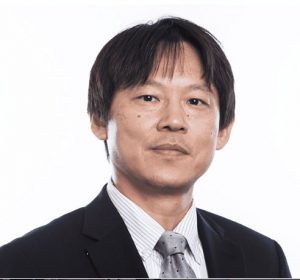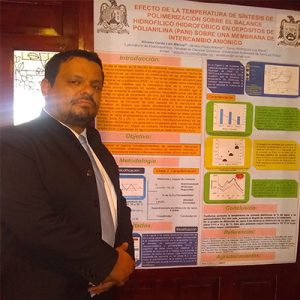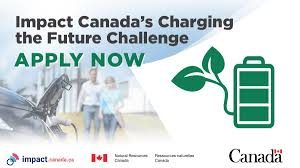 Impact Canada is working on a $4.5-million project known as the Charging the Future Challenge. The goal is to accelerate made-in-Canada battery innovation, build a clean energy future, and provide economic growth in Canada. The 18-month challenge offers five finalists the opportunity to pitch their ideas for battery breakthroughs to a jury for a chance to win up to $700,000 each to develop battery prototypes, with the winner receiving a $1 million grand prize. (more…)
Impact Canada is working on a $4.5-million project known as the Charging the Future Challenge. The goal is to accelerate made-in-Canada battery innovation, build a clean energy future, and provide economic growth in Canada. The 18-month challenge offers five finalists the opportunity to pitch their ideas for battery breakthroughs to a jury for a chance to win up to $700,000 each to develop battery prototypes, with the winner receiving a $1 million grand prize. (more…)
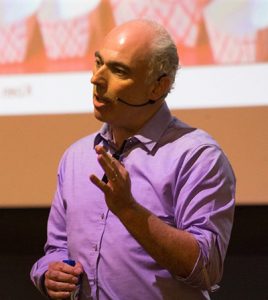 What do Koen Kas and Valerie Browning have in common? They were both chosen to deliver The Electrochemical Society (ECS) Lecture at meeting plenary sessions. ECS selects only the most prestigious and forward thinking specialists to present these lectures. Koen Kas delivered the ECS Lecture at the 235th ECS Meeting. Valerie Browning will present the ECS Lecture at the 236th ECS Meeting. Plenary session attendees get to meet the speakers. So be sure to mark your calendar for Browning’s presentation in October at the plenary session of the ECS Meeting.
What do Koen Kas and Valerie Browning have in common? They were both chosen to deliver The Electrochemical Society (ECS) Lecture at meeting plenary sessions. ECS selects only the most prestigious and forward thinking specialists to present these lectures. Koen Kas delivered the ECS Lecture at the 235th ECS Meeting. Valerie Browning will present the ECS Lecture at the 236th ECS Meeting. Plenary session attendees get to meet the speakers. So be sure to mark your calendar for Browning’s presentation in October at the plenary session of the ECS Meeting.
The ECS Lecture presenters speak on topics that are important for electrochemical and solid state scientists. Koen Kas is a lifetime member of ECS. A renaissance man, Kas is known as a healthcare futurist, entrepreneur, professor of molecular oncology, acclaimed international keynote speaker, and author.
Attend the ECS Detroit Section’s Next Meeting on September 12!
Posted on September 5, 2019 by Frances ChavesECS’s Detroit Section is proud to present guest speaker Naoki Ota at its September section meeting. He will speak on:
“Lithium-Ion Batteries: Semi-Solid Electrode Technology—Next Generation Product / Manufacturing Platform for Lithium Ion”
Naoki Ota
President and CTO
24M Technologies, Inc.
Cambridge, Massachusetts 02139, USA (more…)
The XXXIV National Congress of the Mexican Society of Electrochemistry (SMEQ) and 12th Meeting of the ECS Mexico Section—held this June in Santiago de Querétaro, Mexico—honored Luis Manuel Alvarez Cerda for his work, titled, “Effect of the Polymerization Synthesis Temperature on the Hydrophilic/Hydrophobic Balance in Polyaniline Deposits (PANI) on an Anion Exchange Membrane.”
Each year, SMEQ hosts a poster session which awards prizes by degree (bachelor’s/master’s/doctorate). Alvarez took home the main prize for the best doctorate poster, which includes the opportunity to present at a future ECS biannual meeting.
About Luis
Luis Manuel Alvarez Cerda, chemist since 2005, received his master’s degree in chemistry in 2007. In 2008, the chemistry company Igcar de México/Produquímicos Industriales hired Luis Alvarez to work in the L&D department where he developed more than 30 new products and more than 50 new raw materials until 2017.
Call for Nominations: A National Academies’ Study on the Future of Biophysics
Posted on August 21, 2019 by ECS StaffA message from The National Academies of Sciences, Engineering, and Medicine
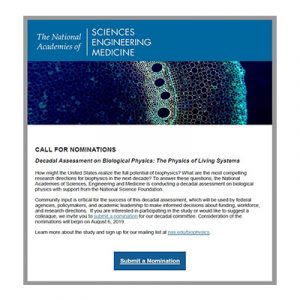
In 1933, ten years after winning the Nobel Prize, Neils Bohr lectured on the importance of applying the principles of physics to the field of biology and living organisms. Over the last several decades, the field of biophysics has generated incredible discoveries, from helping scientists understand the structures of molecules inside of a cell, to predicting and replicating the mechanical movements of large mammals.
About the study
The National Academies of Sciences, Engineering, and Medicine is undertaking a decadal survey of biophysics that will evaluate the current state of the field and identify important future research directions. This study, funded by the National Science Foundation, will serve as a guide for federal agencies and academic leadership as they make decisions regarding biophysics funding, workforce, and research portfolios. (more…)
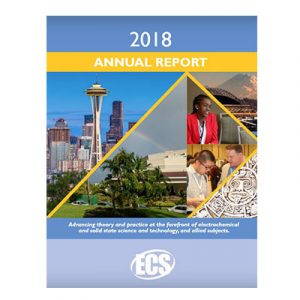 A message from Chris Jannuzzi, ECS Executive Director & CEO
A message from Chris Jannuzzi, ECS Executive Director & CEO
As the executive director of ECS, it is my very great pleasure to present the Society’s annual report. 2018 brought about great transitions for ECS, transitions which will impact the Society for years to come.
Not only did the staff leadership change for the first time in nearly three decades, we have begun the process of redefining ECS’s core business operations to build on our organization’s 117+ year legacy of advancing electrochemical and solid state science and technology for the benefit of humanity. (more…)
SElectrochem 2019: A Full-Day Event for Young Researchers in South-East UK!
Posted on August 19, 2019 by ECS Staff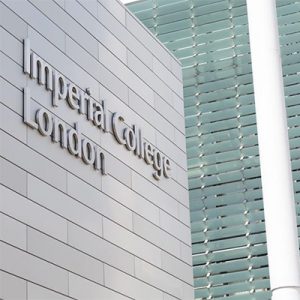 The ECS Imperial College London Student Chapter is co-organizing SElectrochem 2019: chance to meet bright young researchers in the electrochemistry field!
The ECS Imperial College London Student Chapter is co-organizing SElectrochem 2019: chance to meet bright young researchers in the electrochemistry field!
On September 19, 2019, young researchers in the field of electrochemistry (including batteries, fuel cells, catalysis, and corrosion) will gather at Imperial College London for a one-day event to share ideas, present work, and form new collaborations. There will be four sessions of oral presentations, poster sessions during lunchtime, and a prize ceremony with a drinks reception at the end of the day.
Talks with a twist! The student chapter is inviting two-minute “quick-fire” presentations with an accompanying poster, giving early career researchers a great way to introduce their work, inspire others, and encourage interest and collaborations. Prizes are lined up for the best presenters, generously supported by our sponsors that include the Royal Society of Chemistry, The Electrochemical Society, the Faraday Institution, Energy Futures Lab, Metrohm, and Alvatek. (more…)
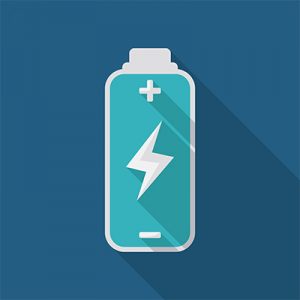 Canada is looking for its next big battery breakthrough!
Canada is looking for its next big battery breakthrough!
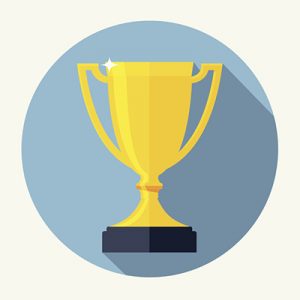 The ECS Toyota Young Investigator Fellowship, a partnership between The Electrochemical Society and Toyota Research Institute of North America, a division of Toyota Motor North America, is in its fifth year. The fellowship aims to encourage young professors and scholars to pursue innovative electrochemical research in green energy technology. Through this fellowship, ECS and Toyota hope to see further innovative and unconventional technologies borne from electrochemical research.
The ECS Toyota Young Investigator Fellowship, a partnership between The Electrochemical Society and Toyota Research Institute of North America, a division of Toyota Motor North America, is in its fifth year. The fellowship aims to encourage young professors and scholars to pursue innovative electrochemical research in green energy technology. Through this fellowship, ECS and Toyota hope to see further innovative and unconventional technologies borne from electrochemical research.
The ECS Toyota Young Investigator Fellowship Selection Committee has chosen five recipients to receive the 2019-2020 fellowship awards for projects in green energy technology. (more…)
Now Hiring: Publications Specialist/Interface Production Editor
Posted on July 25, 2019 by ECS Staff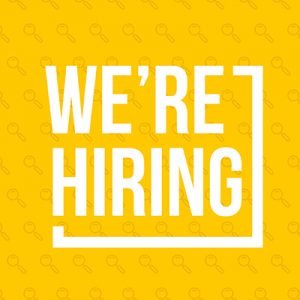 ECS seeks publications specialist/Interface production editor
ECS seeks publications specialist/Interface production editor
Reports to: Director of Publications
Classification: Full Time Exempt
MAJOR FUNCTION
Responsible for the production and dissemination of Interface consistent with ECS goals, objectives, and policies. Provides assistance in the management of ECS publications by performing various duties related to journals/ECST production and data collection and analysis, specifically with respect to publications usage statistics. (more…)


